Struggling with grief after Liam Payne’s death? Here's why
Parasocial relationships last a lifetime

Lifestyle
Don't miss out on the headlines from Lifestyle. Followed categories will be added to My News.
The news of Liam Payne’s death this week came as a shock to fans around the world. But whether you were a super-fan or casual listener, your feeling of grief right now is perfectly normal.
News of One Direction star Liam Payne's tragic death this week came as a shock to people around the world.
The 31-year-old fell from his hotel balcony in Buenos Aires, with investigations still underway into exactly what happened in the hours before Payne's passing.
While many details are still uncertain, fans around the world have banded together to pay tribute to the One Direction member – from a vigil outside of the hotel in Argentina, to friends watching One Direction's movie together over dinner.

If you've spent the last few days listening to One Direction’s albums, combing through Liam’s TikTok videos or just talking about the time you saw him in concert with your best friend, you're not alone.
And while you might be made to feel like you’re being dramatic or silly for having a significant emotional response to the loss of someone you didn’t know personally, experts say it's a common response.
Mind coach Alistair Horscroft says many people form a type of “fantasy relationship” with celebrities “as a mechanism for identity and significance through alignment with the celebrity's brand and ideas."
These are also known as parasocial relationships, and explain why stars like Liam Payne’s importance to you during your formative years can still shape you into adulthood.
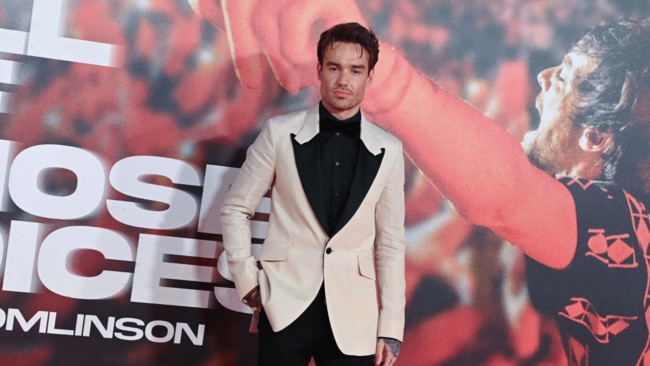
What are parasocial relationships?
Parasocial relationships are intense one sided relationships, usually formed with celebrities and public figures as a result of frequent exposure to the ins and outs of their lives thanks to social media and the far reach of celebrity.
While the term has only hit pop culture in recent years, parasocial relationships have been a common phenomenon for decades. We’ve seen the photos of Elvis fans crying, know of 'hysterical' groupies following the Beatles in the 1960s, and have even heard stories of fans showing up at celebrities’ homes because they feel such a strong connection to them.
The intensity of the relationship may vary, but the feeling of closeness to someone whose life you’ve watched from afar is the same.
While the thought of an imaginary relationship with a celebrity, sports star, or other high-profile figure might sound alarming, clinical psychologist Lynn Zubernis believes these one-sided relationships can be important during times of loneliness.
She told Time “There’s a sense of belongingness that comes from being part of a community”, and that bonding over a shared love for a celebrity can foster very real, fulfilling relationships. “For most people, it’s a very communal activity, and it’s about relationships” rather than a pathological obsession, she says.
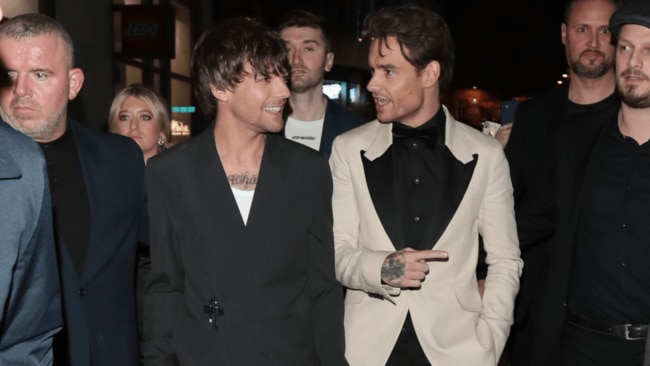
Findings from a 2017 study into parasocial relationships, published in the Frontiers in Psychology journal, supports this claim, with researchers concluding that these imagined relationships can act as a “safe forum … to experiment with different ways of being." They can even help those with "low self-esteem feel more confident and become closer to their ideal self."
Empire State College’s psychology professor Gayle Stever studies the nature of parasocial relationships in fandoms, also told Time that parasocial relationships can help to bring people together.
“My experience has been that in the largest percentage of cases, the impact is positive,” she says. “It’s more healthy than unhealthy. People want to judge the behavior of others, but why do you need to castigate somebody’s fandom?”
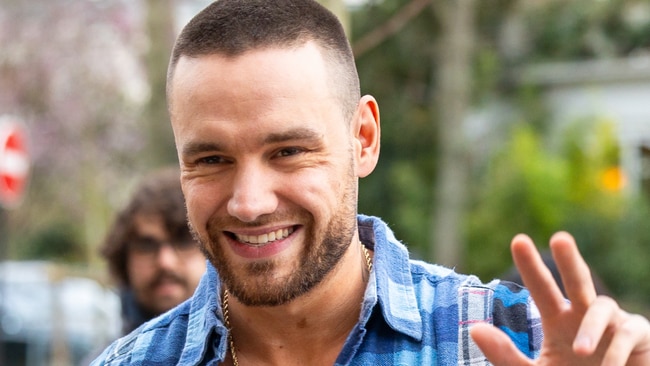
Many of us grew up following One Direction’s lives – from their auditions to their first tour, relationships, milestones and individual careers after the announcement of the band’s hiatus. Their music was the soundtrack to years of our lives.
We have been able to continue to follow Liam and his bandmates’ lives through social media, paparazzi shots, interviews and album releases. So it makes sense that we would feel close to him.
As we become an adult, Horscroft says it's important to have “an autonomous sense of self” away from these parasocial relationships too. However, for many people, obsessions we had as teenagers do linger, and still hold a dear place in our hearts.
“I think it’s important to allow for that sense of mourning,” clinical psychologist Dr Adam Borland told the Cleveland Clinic. "Allow for the sense of loss, sadness and disappointment just as though it were a close personal relationship.”
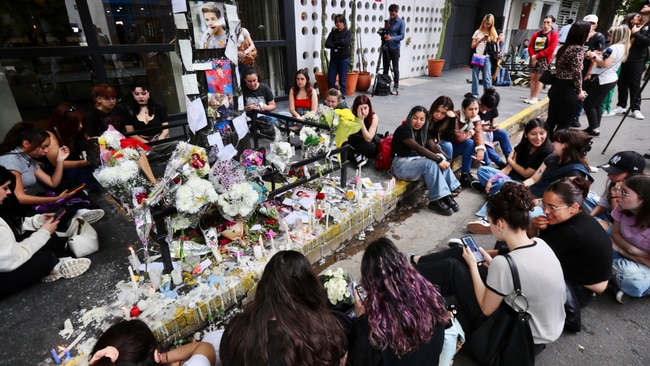
Grief comes in many forms
As with most things, peoples’ experiences of loss are different. You may be beating yourself up for being so affected by the death of someone you just heard on the radio, saw when scrolling TikTok, or maybe haven’t even thought of for years.
But if parasocial relationships should teach us anything, it's that there are countless reasons why a celebrity like Payne's death may be hitting you hard. Some may include:
#1. Good memories
If One Direction was a big part of your youth, many of your teenage memories likely feature Payne. It can hurt to think that a key figure in these memories is now gone.
#2. Empathy
You’re feeling for his loved ones. Liam leaves behind a 7-year-old son, Bear, his girlfriend Kate Cassidy, and a loving family. Tributes to him continue to roll in across social media, and while you may not have been part of his inner circle, empathy can be a strong emotion.
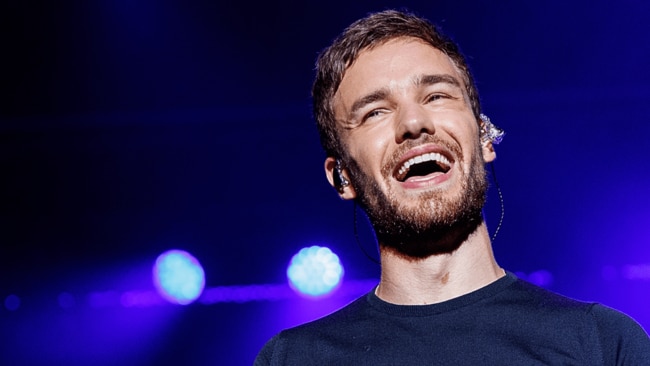
#3. Your own experiences of grief
Grief is a universal experience. Being inundated with news of a celebrity’s death and seeing other people's heartbreak can bring up our own experiences of loss.
So if you want to play Liam Payne’s songs on repeat this weekend, or go through old photos of a One Direction concert you went to with your friends when you were 14, know that countless people around the world are doing a similar thing as they grieve their relationship with a celebrity and how they shaped their lives.
And while you may not have known Payne personally, it's important to validate your grief, and give yourself the time and space to mourn someone who meant a lot to a version of you – and to many other fans who loved him.
If you or someone you know needs help, phone Lifeline on 13 11 14 or the 24-hour Suicide Call Back Service at 1300 659 467. In an emergency please call 000
Mental health professionals are available 24/7 at the beyondblue Support Service – 1300 22 46 36 or via beyondblue.org.au/get-support for online chat (3pm-12am AEST) or email response.
More Coverage
Originally published as Struggling with grief after Liam Payne’s death? Here's why




